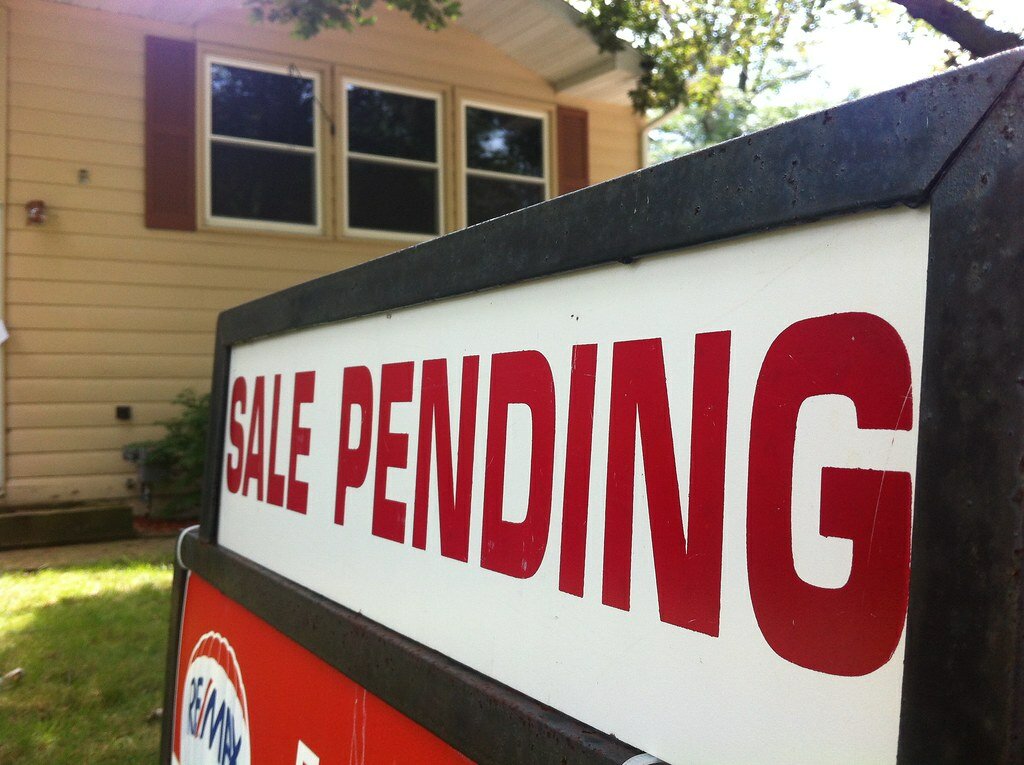Bristol striving, but struggling, to meet state's housing goals
At just shy of 6% of its housing listed at prices deemed affordable, Bristol has consistently failed to meet the state's standard of 10%, though not for lack of effort.
This item is available in full to subscribers.
Please log in to continue |
Register to post eventsIf you'd like to post an event to our calendar, you can create a free account by clicking here. Note that free accounts do not have access to our subscriber-only content. |
Day pass subscribers
Are you a day pass subscriber who needs to log in? Click here to continue.
Bristol striving, but struggling, to meet state's housing goals
Bristol’s Planning Board is working on an update to the housing element of the Comprehensive Plan, which dates to 2017. It will include looking at strategies to address the 10% state-mandated low and moderate income housing goal — a goal that, at just shy of 6%, Bristol has consistently failed to meet, though not for lack of effort.
“We try very hard,” said Community Development Director Diane Williamson. “But it’s challenging for a town like Bristol where it is mostly redevelopment. There is not a lot of space available for new development.”
For this effort, the Town received an $85,600 technical assistance grant from RI Housing, which has enabled the hiring of two consulting firms: Horsley Witten Group and Camoin Associates, to help develop some comprehensive housing strategies. One will focus on researching and revising the 2017 plan, while the other will look at financial strategies, such as creating a trust fund to allocate the fees collected in lieu of creating low and moderate income housing, often part of any deal made with would-be developers.
As written, the current housing chapter of the housing plan includes facts and figures revealing what Bristol has and what it needs to attain that 10% goal. In 2017, Bristol was 477 units short; according to Williamson, that number has not really changed. Consultants, along with Williamson’s office and members of the Planning Board, will be looking into elements of that 2017 plan to revisit strategies that have proven ineffective. For example, the plan allowed construction of duplexes in the R15 and R20 zones, provided one unit is deed restricted to allow for low and moderate income housing, but no property owners or developers have taken advantage of this opportunity.
Deed restrictions mandating low and moderate income housing can be a double-edged sword. They are a guarantee that an owner or developer will maintain the property at a certain price range for the duration of the restricted period. Ideally, the agreement (made with either the Community Housing Land Trust or the East Bay Community Development Corporation, Bristol’s two low to moderate income housing monitoring agencies) would negotiate a 30-year deed restriction, after which the owner can sell or rent for market value.
“That can be a really tough sell,” said Williamson. “Thirty years tends to scare developers off.”
Once a deed restriction expires and property owners exercise their right to sell or rent at market, those properties fall off the low and moderate income market.
Looking at some steps taken by other communities, another idea could be creating a Community Housing Land Trust, a plan that includes building housing on town-owned land. The structures could be bought and sold, but the Town retains ownership of the land, allowing it to continue to control the affordability of the housing.
According to an article in last’s week’s Phoenix which included a comment from Brenda Clement, Director of Housing Works RI, zoning can be a real impediment to affordable development. In Rhode Island, about 88% of the land is zoned single family. But Williams suggests that Bristol is a bit of an outlier in the state when it comes to that issue.
“The state law that proposed 30% of the land be zoned multi-family doesn’t discount for open space, wetlands, the University…You can’t just say 30% without qualifying that.”
“We are also a community with lots of mixed use, especially in the pedestrian-friendly downtown,” she continued. “We have lots of good mixed-use zones — R6, R10, R8, R15, R20 all allow multi family properties. Bristol is a little unique.”
Library to host housing lecture
On Tuesday, May 28 from 6 to 7:30 p.m. Diane Mederos, Executive Director of the East Bay Community Development Corp (EBCDC) and Candace Pansa, Executive Director of the Bristol Housing Authority (BHA), will lead a program talking about how their organizations are providing housing and working to help people find housing in the East Bay. The program will take place at the Rogers Free Library.
The EBCDC was established 30 years ago to create and maintain affordable housing for Bristol’s low to moderate income citizens in the face of the then-continually rising housing prices and the stagnation of wages. Today, EBCDC owns and manages 344 apartment units in multiple scattered sites throughout Bristol., Warren, and Barrington. Along with their family housing units, EBCDC also owns and manages Franklin Court Independent Living, a senior living housing facility, and Franklin Court Assisted Living.
BHA manages 193 low-income independent senior public housing units that house about 225 residents, adjacent to the Bristol Senior Center. All rents are income-based; residents pay 30% of their income with all utilities included in the rent. The Housing Authority, which is fully funded by federal office of Housing and Urban Development (HUD) also has a Housing Choice Voucher department that helps families pay their rent. Currently, 190 families living in private apartments in Bristol are being helped by that program.






